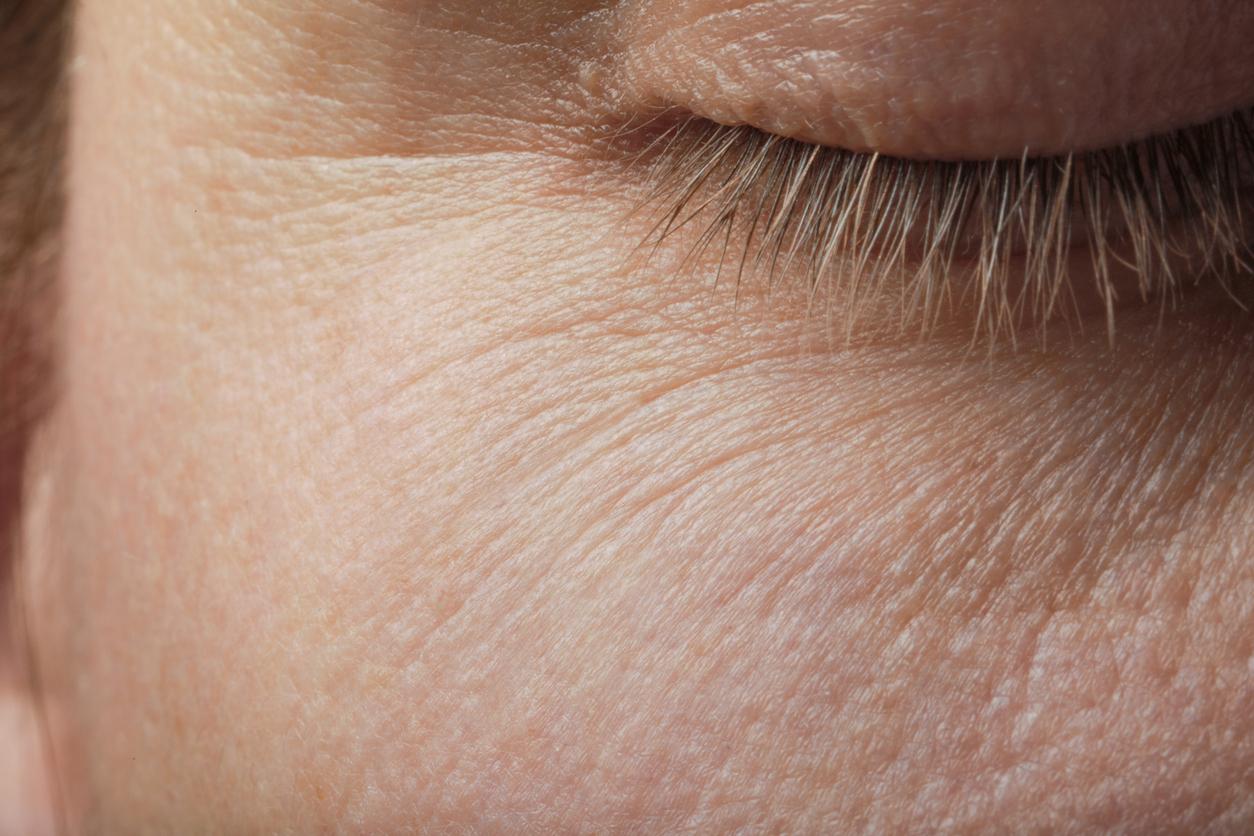The olfactory signature says more about someone than their fingerprints. This is the conviction on which the work carried out by two Toulouse researchers from the Molecular Interactions and Chemical and Photochemical Reactivity Laboratory (IMRCP), a joint CNRS and Toulouse III-Paul-Sabatier University laboratory, is based. Emile Perez and Alexandra Ter Halle worked on the design of a “body odor trap“. Concretely their invention takes the form of a micro-sponge which absorbs odors” by soaking up the volatile odors of the crime scene and the primary odor of those who frequented it. Even if they wear gloves, even if they spray themselves with perfume! “Explains Emile Perez, questioned by The Midday Dispatch.
A more reliable odor sponge than existing devices?
This tool could capture many more odors than currently allow the devices available to forensic scientists at crime scenes, according to the inventors. Current withdrawals and the use of sniffer dogshave their limits with a high risk of errors and random conditions of the samples collected, La Dépêche du midi tip.
If the body odor trap is already protected by a patent, it remains to find the necessary funding to complete the project, which should take three years. A request for financial support has been made to the National Research Agency.
Ultimately, the researchers hope that their tool could facilitate research work to identify criminals, particularly in the context of tracking down the perpetrators of attacks.
Read also: Alzheimer’s disease soon detected by the smell of urine?
Perception of odors influenced by positive messages
Body odors: 5 misconceptions

















